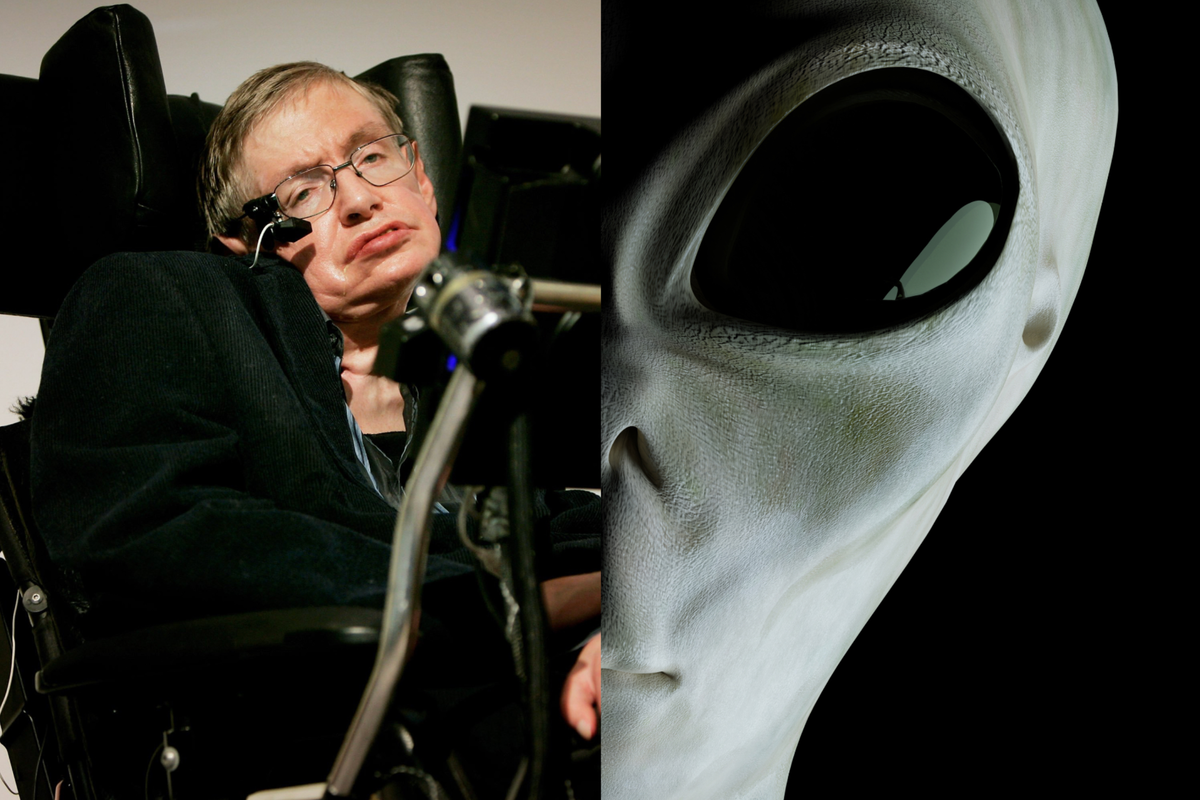News
Joe Vesey-Byrne
Aug 20, 2016

Picture: Catalin205/iStock
A new study has questioned the myth that knuckle cracking leads to arthritis. In fact it might actually be good for you.
The research looked at 40 knuckle crackers and used a combination of ultrasounds and grip strength tests to measure the effects the habit had on participants' bones and flexibility. The results found that there was no immediate harmful effects. In addition, the participants experienced an increased mobility range.
The study came about when doctor Robert Szabo a professor of radiology at University of California spent 15 years warning a knuckle-cracking colleague to stop hurting herself with the habit. His colleague, nurse Tanya Johnson, told him to prove it.
An associated study, presented at the annual meeting of the Radiological Society of North America (RSNA) looked at where the pop/cracking sound comes from. While the study concluded that more research was needed on this point, auxiliary findings supported the idea that knuckle cracking did not harm the cracker in question.
One of the co-authors of this study, doctor Robert D Boutin found that there were no perceivable adverse effects from knuckle cracking, but nor were there noticeable benefits.
We found that there was no immediate disability in the knuckle crackers in our study, although further research will need to be done to assess any long-term hazard – or benefit – of knuckle cracking.
Sadly, news that nose picking, nail biting, and hair chewing are good for you has yet to break. Come on science.
More: People who are impressed by inspirational quotes have lower IQs, study says
More: Why your political rants on Facebook are completely pointless
Top 100
The Conversation (0)












